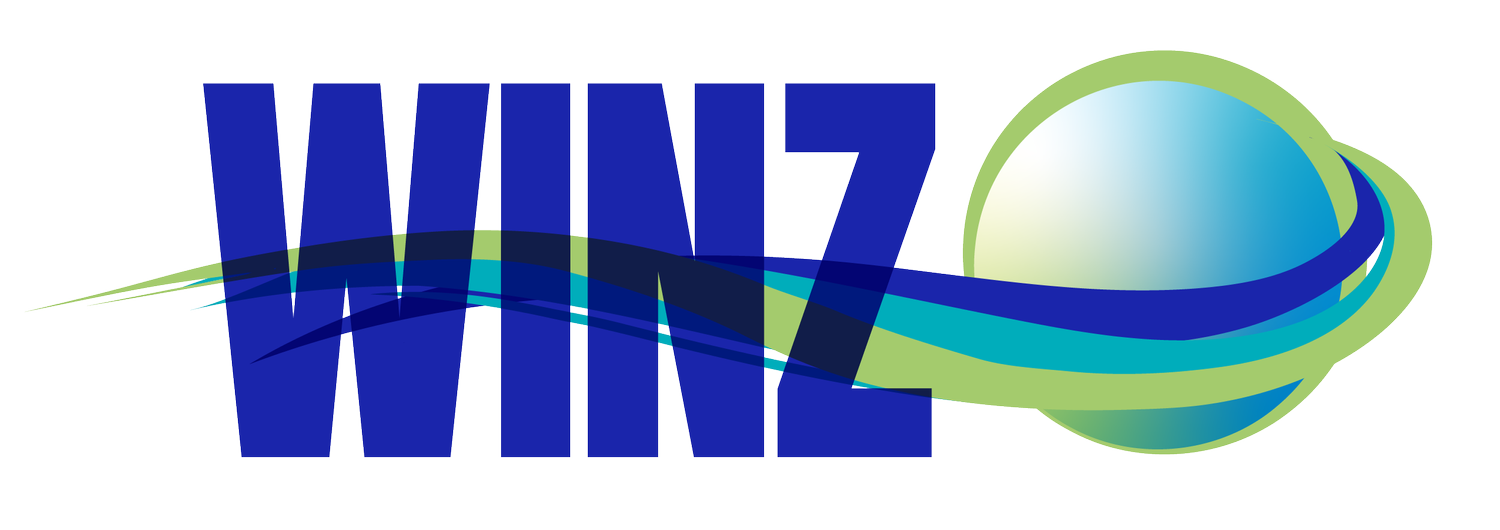18 November | Water for Climate Pavilion, COP29 Blue Zone and via YouTube
Water management and protection and restoration of freshwater ecosystems can limit, directly, at least 10% of greenhouse gas emissions. While these reductions are not ‘hard-to-abate’ they have been too easy to overlook, an untapped source of emission reduction. At the same time energy production is – and will remain – highly water intensive. Without sustainable freshwater management, there is no transition to clean energy, nor likelihood that we can successfully address adaptation and responses to loss and damage. The objective of this day at the Water for Climate Pavillion is to offer climate planners, city officials, and companies alike clear, coherent pathways to resilient mitigation, and to reach beyond water stakeholders.
COP29 is an opportunity to bring experts across sectors together to and offer solutions for emission reduction through water management, as well as ensure an energy transition is sustainable.
The Resilient Mitigation group will host a day of interactive and engaging activities that aims to mainstream understanding of the ways in which water unlocks a path to a resilient net zero future, with co-benefits for adaptation and biodiversity goals, and useful approaches that can lead to these objectives (Water-Energy-Food-Ecosystems (WEFE) Nexus, Source to Sea, Nature Based Solutions, in particular increased attention to the role of peatlands and other wetlands as carbon sinks, etc.)
Schedule
-
Organized by UNESCO, UNECE, WMO, IAEA
The UN-Water Analytical Brief on Water for Climate Mitigation identifies some of the key issues about the role of water resources and water and sanitation services in climate mitigation and provides guidance and assistance to governments and international organizations as they work towards a climate-safer future for the world.
This session aims to disseminate key findings from the brief, discuss practical strategies for integrating water into climate policies, and foster collaboration among policymakers, experts, and stakeholders in support of achieving climate change mitigation goals.
https://www.youtube.com/watch?v=PEjvrforBY4
-
Organized by the French Water Partnership and WINZ
The session will provide an overview of emissions and their potential reduction within water and sanitation utilities, illustrated by utility know-how. This will be the moment to let these water actors speak and present to their partners good practices for the preservation of water resources and engage in a dialogue with international financing organizations.
-
Organized by GWP, TNC, WINZ
The side event will discuss approaches that can help achieving co-benefits (adaptation and mitigation) and net-zero transition through freshwater water resources management and related infrastructure. These approaches include Water-Energy-Food Ecosystems Nexus, Source to Sea, Peatlands Conservation and Nature-Based Solutions. Successful experiences and good practices will be shared from the application of these approaches in the Mediterranean coastal areas and globally.
-
This High-Level Segment will discuss the relevant approaches to foster adaptation and mitigation co-benefits in the freshwater- coastal- marine ecosystems continuum. By sharing examples and good practices, the event seeks to promote the integration of these approaches in water and climate action planning and advocate for enhanced coordination between the sectors to ensure alignment of water related climate adaptation and mitigation strategies and related finance mobilisation.

